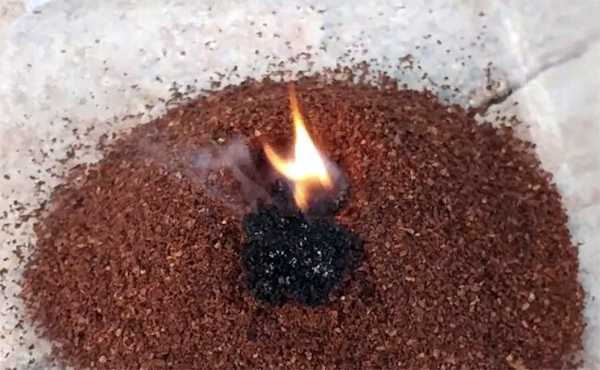What Is the SALT Cap and How Does It Affect Homeowners and Buyers?
Did you know that in 2017, the Tax Cuts and Jobs Act placed a cap on how much homeowners could deduct in state and local taxes (known as SALT)? The limit was just $10,000 maximum per year.
That’s a significant shift from previous tax policy, when homeowners could deduct the full amount they paid in property taxes and mortgage interest. While the SALT cap applies to all states, it’s been especially painful in high-tax regions like the Northeast.
Good news: that cap might be getting a major adjustment, pending adjustments by the House and Senate.
What Does This Mean for You?
If you’re a homeowner:
You’ve probably felt the sting of the $10,000 cap on your tax deductions. If the SALT cap gets raised to $40,000, you may be able to deduct much more of what you’re already paying in property taxes and mortgage interest. This could lead to a lower tax bill and more room in your budget for other expenses.
If you’re thinking about buying a home:
A higher SALT deduction could make buying more affordable—especially in Massachusetts where property taxes run high. This kind of tax break might give you a reason to move forward sooner rather than later.
If you’re considering buying an investment property:
This could be your moment. Rental demand is still strong, and if tax rules become more favorable, it could boost your return on investment. You might even benefit from rising property values if more buyers enter the market once tax relief kicks in.
Here’s the bottom line:
Changes to tax policy can create opportunity. If you want to make the most of what’s coming, the time to plan is right now. Let’s look at the numbers together and see what makes the most sense for you once a SALT cap decision has been made official.
* * * * *
Ready to buy a new home or refinance the one you own? Please get in touch and I’ll be happy to answer your questions and help guide you through the process. I look forward to speaking with you.
Cheers to the 4th of July
In preparation for your July 4th celebration, why not try a real crowd-pleaser: layered, non-alcoholic drinks for the whole family!
They’re surprisingly easy to make with one key trick.
To get those bold, clean layers, pour the drinks in order of sugar content—heaviest first. For a classic patriotic combo, try this:
- Red (bottom layer): Grenadine mixed with 7UP – about 58g sugar.
- White (middle layer): 7UP or Sprite – around 38g sugar.
- Blue (top layer): Blue Powerade or Gatorade – just 21g sugar.
Pour each layer slowly over the back of a spoon to keep them separated.
You can make individual glasses (best for showing off the colors) or go big with a full pitcher—just know the layers will start to blend the moment you pour.
These drinks are perfect for the Fourth, but they’re a hit at any summer party. Just don’t forget to snap a photo or two before enjoying them with friends and family,
Have a safe and happy 4th of July!
Home Improver: Skip the Citronella This Summer. Burn Used Coffee Grounds Instead.
In last month’s newsletter, we talked about the citronella ant’s unusual smell. Ants notwithstanding, many people are not fans of citronella candles, which can be overpowering for some. While it’s a common go-to for repelling mosquitoes, many people find it too strong or just plain unpleasant.
Here’s a great-smelling, chemical-free alternative: burn used coffee grounds. This works great in your yard or on camping trips.
 According to the EPA, coffee grounds contain natural compounds that are toxic to many insects, including mosquitoes. And since bugs like mosquitoes have an extremely sensitive sense of smell, they find the aroma of burning coffee grounds especially unpleasant, unlike the rest of us.
According to the EPA, coffee grounds contain natural compounds that are toxic to many insects, including mosquitoes. And since bugs like mosquitoes have an extremely sensitive sense of smell, they find the aroma of burning coffee grounds especially unpleasant, unlike the rest of us.
How to do it:
- Let your used coffee grounds dry out completely.
- Place them in a fire-safe bowl or on a sheet of foil.
- Light them with a match—just like you would with incense.
- Let the slow burn release a stream of bug-repelling, coffee-scented smoke.
Here’s a short YouTube video with easy-to-follow tips.
It’s simple, sustainable, and a lot more pleasant than citronella. Plus, you’re putting your morning brew to work twice.

